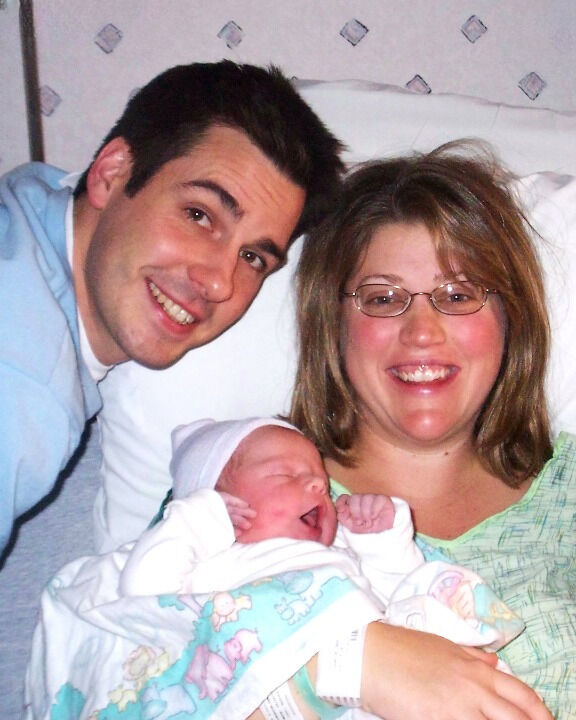My Father Abandoned Me as a Child and I Took Revenge on Him
Growing up without a father wasn’t easy, but it was something I came to accept. My mother did her best to provide for me, but there was always that emptiness. When I was five, my father simply left—no explanation, no goodbye. Just like that, he was gone, leaving behind a trail of broken promises and unspoken words. I never understood why. As a young child, I believed I did something wrong. I thought I wasn’t enough to keep him around.
As I got older, the questions kept piling up. I tried to reach out to him a few times, writing letters, sending emails, even calling his phone—only to be met with silence. It was as if he had erased me from his life completely. My friends would talk about their dads, about the baseball games and camping trips, and all I could do was pretend I wasn’t envious. The anger I felt towards him festered for years.
In my teenage years, that anger began to turn into something darker. I wasn’t just mad anymore—I wanted revenge. I wanted him to feel the hurt I had carried with me all these years. The idea grew in my mind, becoming an obsession. It wasn’t just about confronting him, it was about making him understand the damage he had done. I imagined the look on his face when he realized what he had lost and how he would regret abandoning me.
By the time I was 22, I had tracked him down. After years of silence, I finally found him. It wasn’t hard—people rarely change their addresses or phone numbers. He had moved into a small town, remarried, and had a new family. I spent weeks planning how I would approach him, how I would make him see me as the person he had left behind. I envisioned the moment I’d stand before him, look him in the eye, and demand an explanation.
The day came. I knocked on his door, heart pounding in my chest. When he answered, he looked nothing like the man I remembered. Time had aged him, but it hadn’t erased the guilt I saw in his eyes. He didn’t recognize me at first, and when he did, the confusion on his face was palpable. “Who are you?” he asked. The moment I said my name, his expression changed. The shock was immediate, followed by a hint of panic.
“What do you want?” he asked, his voice trembling.
The anger in me surged. I wasn’t going to let him off easy. “I want you to know what you did to me. To my mother. To the person I became because you weren’t there.”
For a long moment, he didn’t say anything. Then, in a voice barely above a whisper, he told me he had been young and scared when he left. That he had felt trapped, that he didn’t know how to be a father. He explained that his own upbringing had left him emotionally damaged, unable to give the love and care I deserved. But none of it mattered to me. His excuses felt hollow.
“I’m sorry,” he said, his voice breaking. “I didn’t know how to fix it then. I still don’t.”
I wanted to scream. I wanted to tell him that all his sorrys meant nothing. But instead, I took a deep breath and walked away. Revenge wasn’t what I thought it would be. Watching him break down, seeing his regret, didn’t bring me any peace. Instead, it made me feel hollow. I had wanted to make him feel the pain he caused, but what I got was just the emptiness of a man who couldn’t undo his mistakes.
Years passed, and I realized that my quest for revenge had only kept me chained to the past. I spent so much time focusing on punishing him, on holding onto the anger, that I forgot about myself. I had wasted precious years harboring bitterness, and in the end, it was only me who had suffered.
Eventually, I came to terms with what had happened. I forgave him—not for him, but for me. Holding onto that anger wasn’t doing me any good. It was an anchor weighing me down, and it was time to let go. I don’t think my father ever truly understood the depth of his actions, but I didn’t need him to. I had learned that true freedom came not from revenge, but from releasing the grip of the past.
I never saw my father again after that day, but I no longer needed to. I had moved on. The emptiness I once felt was no longer there. I had built a life for myself, one not defined by the absence of a father, but by the strength I had developed as a result of it. Revenge had never been the answer. Healing had been. And it was in that healing that I found the peace I had been searching for all along.
